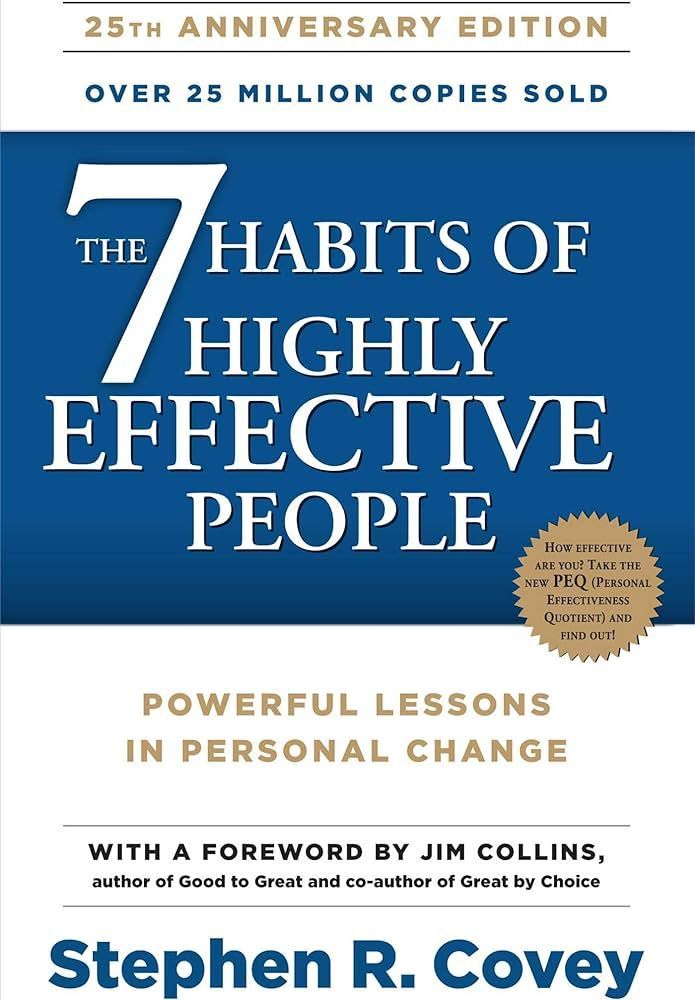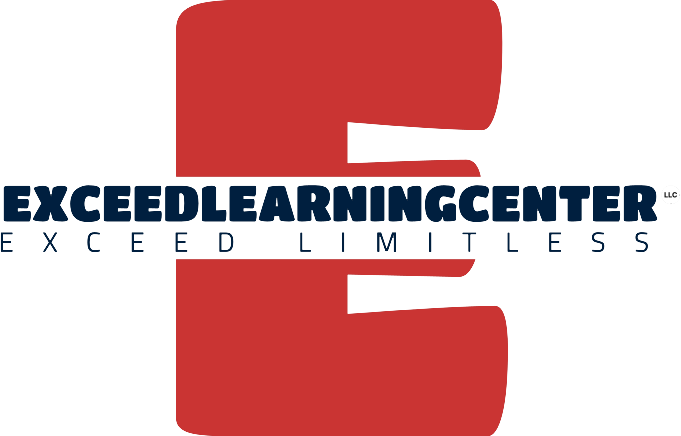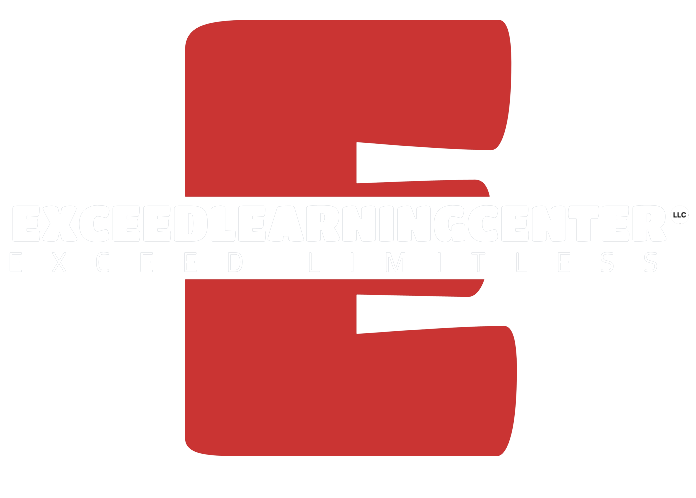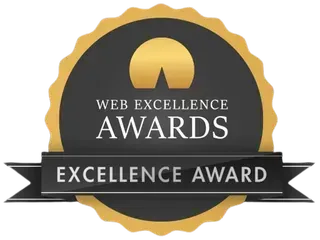Building Skills for Success

Introduction
Continuous learning and skill development are crucial for achieving personal and professional goals.
In a rapidly evolving world, acquiring new skills ensures adaptability, boosts confidence, and opens doors to diverse opportunities.
Embracing a mindset of lifelong learning enhances one's ability to navigate challenges and stay relevant in today's dynamic environment.
Understanding Skills
Success in various fields often requires a combination of essential skills.
These include effective communication, critical thinking, adaptability, time management, collaboration, and a strong work ethic.
Technical proficiency, leadership, problem-solving, and creativity are also highly valued, depending on the specific field.
Developing a well-rounded skill set equips individuals to excel in diverse professional environments.
Hard Skills vs. Soft Skills
Achieving success hinges on a balance of hard skills, which are specific and teachable abilities relevant to a particular job or industry, and soft skills, encompassing communication, adaptability, and interpersonal abilities.
While hard skills provide the foundation, soft skills are vital for effective collaboration, leadership, and navigating the complexities of professional relationships. A harmonious integration of both sets of skills maximizes an individual's potential for success in their chosen endeavors.
What’s Your Skill?
- Take a moment to assess your current skill set.
- Reflect on experiences where you excelled and times you faced challenges.
- Identify patterns in the skills that contributed to your success and areas where improvement is possible.
- Seek feedback from peers or mentors to gain external perspectives.
- Utilize self-assessment tools or career resources to pinpoint strengths and weaknesses.
Set Skill-Related Goals
When setting skill-related goals, start by identifying areas crucial to your personal and professional growth.
Be specific about the skills you want to acquire or improve. Break down larger goals into smaller, achievable milestones.
Set a realistic timeline for each goal, considering the time and effort required.
Align your goals with your broader objectives, ensuring they contribute meaningfully to your success.
Learning Platforms and Resources
For online courses and workshops, platforms like Coursera, Udacity, and LinkedIn Learning offer a wide range of subjects.
Books like "Atomic Habits" by James Clear and "Mindset: The New Psychology of Success" by Carol S. Dweck provide insights into personal growth.
Explore TED Talks for inspirational talks on various topics.
Networking and Collaboration
Networking is pivotal for skill-building as it opens avenues for learning from diverse perspectives and experiences.
Engage in professional communities, attend industry events, and connect with peers and mentors.
Collaborate on projects or join discussion forums to share insights and gain fresh perspectives.
Overcoming Challenges
Common challenges in skill development include fear of failure, lack of motivation, and the discomfort of stepping out of one's comfort zone.
Overcome these challenges by setting realistic goals, breaking them into manageable tasks, and celebrating small victories.
Embrace a growth mindset, viewing challenges as opportunities to learn. Seek support from mentors or peers, and remember that improvement takes time.
SHARE THIS POST:
Olga Binyaminov
Founder, Exceed Learning Academy
Together, we can exceed expectations and make the journey of learning a truly remarkable one for your child.
Leave A Comment
Search
Send us a Message
Blog - Website Form
Recent Posts






Quick Links



